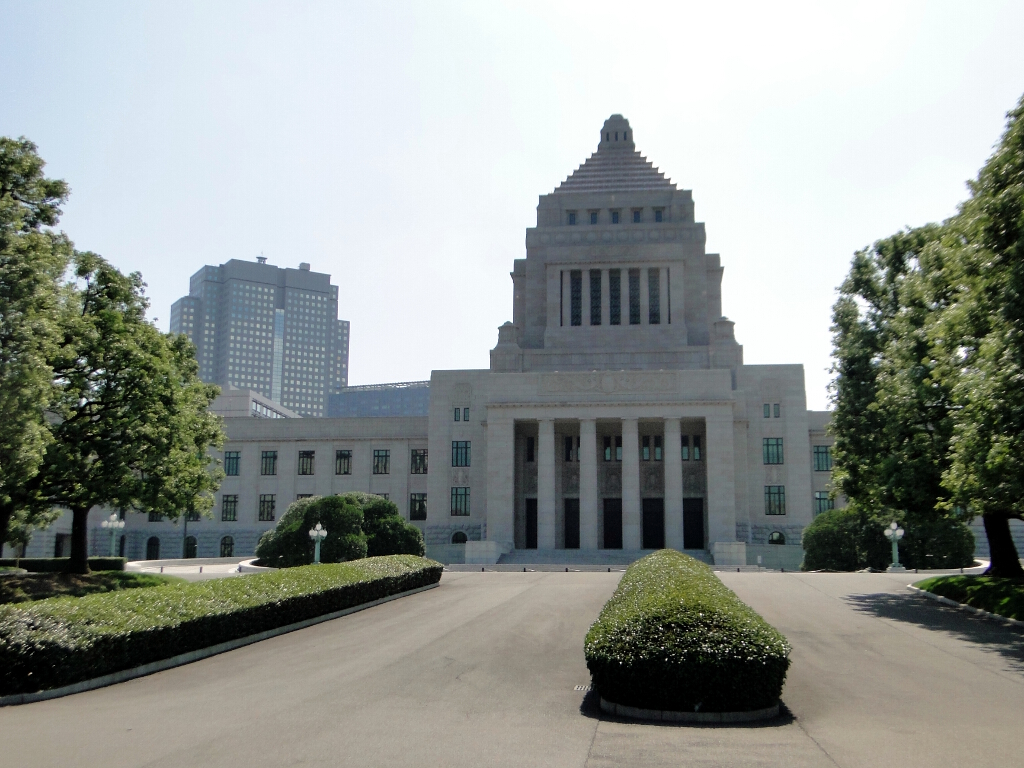Tokyo: New law, more flexibility for foreign workers
The regulation approved by the Diet overcomes the current employment system that ended up favouring abuses. A new attempt to counter the labour shortage. Increased flexibility is provided by reduced timeframes and favoured access to qualified positions: it will be possible to leave unprofitable and discriminating positions.
Tokyo (AsiaNews) - Following the expansion of the status of "specific qualified worker" last 29 March to four additional areas of the world, which allowed over 800,000 new workers access to the employment programme, yesterday Japan's National Diet approved a new law that guarantees greater flexibility and longer stays for migrants wishing to find employment in the Japanese country.
The new law will come into force within three years of its promulgation. Measures such as these help to counter the demographic winter that Japan has been experiencing for years, resulting in a growing labour shortage.
The new employment system for foreign workers will replace the one currently in use. This provides for a 30-year training programme for trainees, which has attracted a lot of criticism because it does not protect the most vulnerable workers, encouraging their exploitation.
Under the new system, workers can stay in Japan for three years. After this time, they can apply for 'type 1' skilled worker status, which extends their stay to a maximum of another five years. This simplifies access to the most qualified category of workers.
To obtain this specific status, it is necessary to meet certain requirements in terms of competence and knowledge of the Japanese language. The latter is necessary in an increasingly multicultural society, where social obstacles are numerous, in order to foster integration.
However, the new jurisprudence does not remove existing restrictions on family members moving to Japan, not allowing family reunification for the first eight years of the worker's stay in the country.
Critical observers argue that the current programme only works to fill the hole of cheap, unskilled labour resources, while facilitating the occurrence of abuses, reports of which are widespread, and human rights violations.
To address these sad implications, the new system will allow workers to change jobs within the same sector after one or two years of employment. This flexibility will allow them to leave low-paid and discriminatory positions.
The bill also includes controversial provisions to revoke permanent resident status for those who refuse to pay taxes or social insurance premiums. This provision has raised concerns about the potential impact on long-term foreign residents, including generations of Koreans and Chinese who have permanent residence in Japan.
04/04/2018 10:07







.png)










